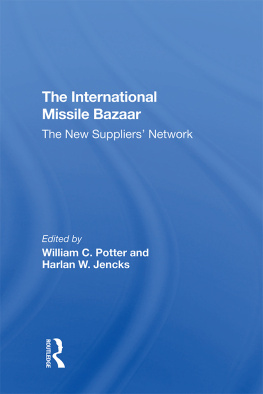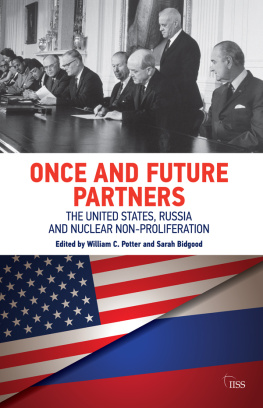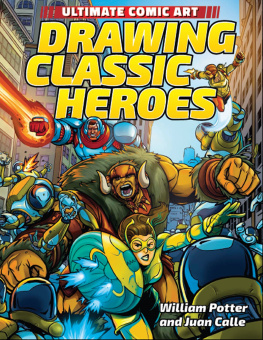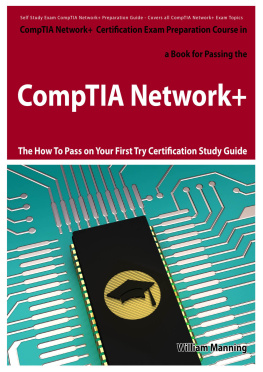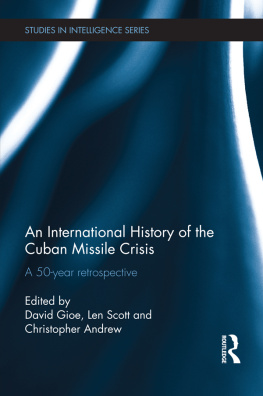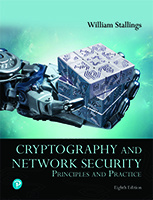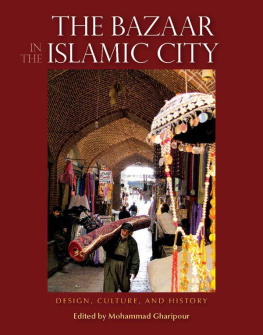William C. Potter - The International Missile Bazaar: The New Suppliers Network
Here you can read online William C. Potter - The International Missile Bazaar: The New Suppliers Network full text of the book (entire story) in english for free. Download pdf and epub, get meaning, cover and reviews about this ebook. year: 1993, publisher: Routledge, genre: Politics. Description of the work, (preface) as well as reviews are available. Best literature library LitArk.com created for fans of good reading and offers a wide selection of genres:
Romance novel
Science fiction
Adventure
Detective
Science
History
Home and family
Prose
Art
Politics
Computer
Non-fiction
Religion
Business
Children
Humor
Choose a favorite category and find really read worthwhile books. Enjoy immersion in the world of imagination, feel the emotions of the characters or learn something new for yourself, make an fascinating discovery.
- Book:The International Missile Bazaar: The New Suppliers Network
- Author:
- Publisher:Routledge
- Genre:
- Year:1993
- Rating:4 / 5
- Favourites:Add to favourites
- Your mark:
- 80
- 1
- 2
- 3
- 4
- 5
The International Missile Bazaar: The New Suppliers Network: summary, description and annotation
We offer to read an annotation, description, summary or preface (depends on what the author of the book "The International Missile Bazaar: The New Suppliers Network" wrote himself). If you haven't found the necessary information about the book — write in the comments, we will try to find it.
The International Missile Bazaar: The New Suppliers Network — read online for free the complete book (whole text) full work
Below is the text of the book, divided by pages. System saving the place of the last page read, allows you to conveniently read the book "The International Missile Bazaar: The New Suppliers Network" online for free, without having to search again every time where you left off. Put a bookmark, and you can go to the page where you finished reading at any time.
Font size:
Interval:
Bookmark:
William C. Potter and Harlan W. Jencks

52 Vanderbilt Avenue, New York, NY 10017
2 Park Square, Milton Park, Abingdon, Oxon OX14 4RN
Product or corporate names may be trademarks or registered trademarks, and are used only for identification and explanation without intent to infringe.
The International missile bazaar: the new suppliers' network / edited
by William C. Potter and Harlan W. Jencks.
p. cm.
Includes bibliographical references and index.
ISBN 0-8133-8796-5
1. Guided missile industries. 2. Arms transfers. I. Potter,
William C. II. Jencks, Harlan W.
HD9744.P732I57 1994
338.4'76234519dc20 93-29533
CIP
- What motivates the missile supplier to enter the international market (e.g., hard currency, prestige, political influence, foothold in markets, subsidies for domestic space program, barter arrangements for coveted items, etc.)?
- What are the major disincentives (economic and otherwise) for entering the international missile market?
- What have been the major missile transactions involving missile technology, equipment, components, and services?
- What has been the nature of the most important missile trade agreements (e.g., countertrade, offsets, coproduction agreements)?
- Does the country serve as a transshipper (i.e., middleman) for missile transactions? If so, for what items and for what countries?
- What revenues have been derived from missile exports and what revenues are projected?
- Have there been instances when the country has been approached for the sale of missiles or missile-related items and services but declined? What were the items and states involved?
- To what extent has the state been engaged in joint venture activities regarding missile trade?
- What instances, if any, can you discern of illegal/blackmarket activity?
- What is your overall assessment of the state's missile export activity (i.e., prudent, reckless)?
- What restrictions or guarantees does the state require as a condition of export?
- To what extent has the country's export behavior changed over time? If it has changed, why?
- What is the present and planned capability of the country to produce missile technology, components, and entire missiles?
- What is the present and planned space launch capability?
- What are the major bottlenecks/obstacles in acquiring a missile production capability?
- What are the relevant export licensing regulations and procedures? What new regulations, if any are planned?
- What are the relevant governmental agency actors in the export licensing process? What is their relevant weight?
- What role is played by the private sector, quasi-governmental actors, and multinationals in decisions regarding missile exports?
- What are the country's major firms engaged in commerce in missiles and missile-related services?
- What are the country's declaratory policies regarding missile exports?
Font size:
Interval:
Bookmark:
Similar books «The International Missile Bazaar: The New Suppliers Network»
Look at similar books to The International Missile Bazaar: The New Suppliers Network. We have selected literature similar in name and meaning in the hope of providing readers with more options to find new, interesting, not yet read works.
Discussion, reviews of the book The International Missile Bazaar: The New Suppliers Network and just readers' own opinions. Leave your comments, write what you think about the work, its meaning or the main characters. Specify what exactly you liked and what you didn't like, and why you think so.

